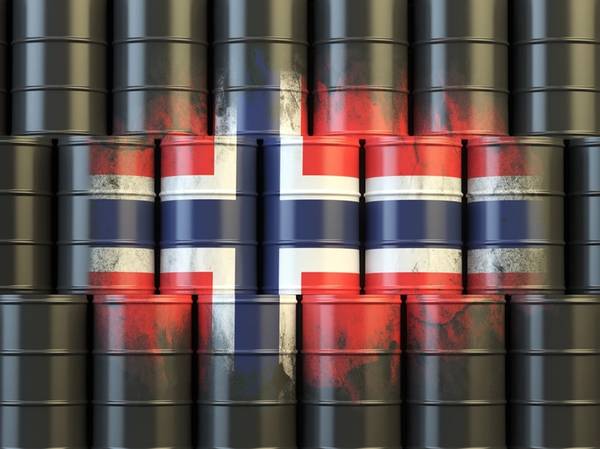
Norway's $1.4 trillion sovereign wealth fund, the world's largest, revealed stricter demands on Friday for how companies it invests in should handle climate risk, telling boards to move from target setting to transition planning.
The fund, which pools the Norwegian state's revenues from oil and gas production, has set the pace on many issues in the field of environmental, social and corporate governance (ESG).
It holds stakes in around 9,200 companies globally, equivalent to 1.5% of all listed stocks.
"With the effects of climate change becoming more evident, we really saw the need to sharpen our expectations," the fund's Chief Governance and Compliance Officer Carine Smith Ihenacho said in a statement.
Among the sharpened criteria, companies should establish the key performance indicators (KPIs) they will use on a consistent annual basis to measure the delivery of their climate transition plan.
They should also disclose annually their progress on delivery of their net zero strategy.
And they should show how executive pay aligns with the delivery of interim targets and transition plans.
CARBON CREDITS
Norway has the world's biggest sovereign wealth fund by assets, according to the Sovereign Wealth Fund Institute.
The fund also published a policy concerning the use of voluntary carbon credits, which it said companies could use in certain cases.
"We believe companies should prioritise reducing (their) own emissions but can use additional and verified credits as a supplement to signal high climate ambitions," it said.
Carbon credits should not be counted towards science-based interim emission reduction targets, and companies must be transparent about the details of credits they use, it added.
"Ultimately, carbon removals will be needed by many companies seeking to achieve net zero emissions by 2050," the fund said.
(Reuters - Reporting by Terje Solsvik and Gwladys Fouche, editing by Essi Lehto and Susan Fenton)